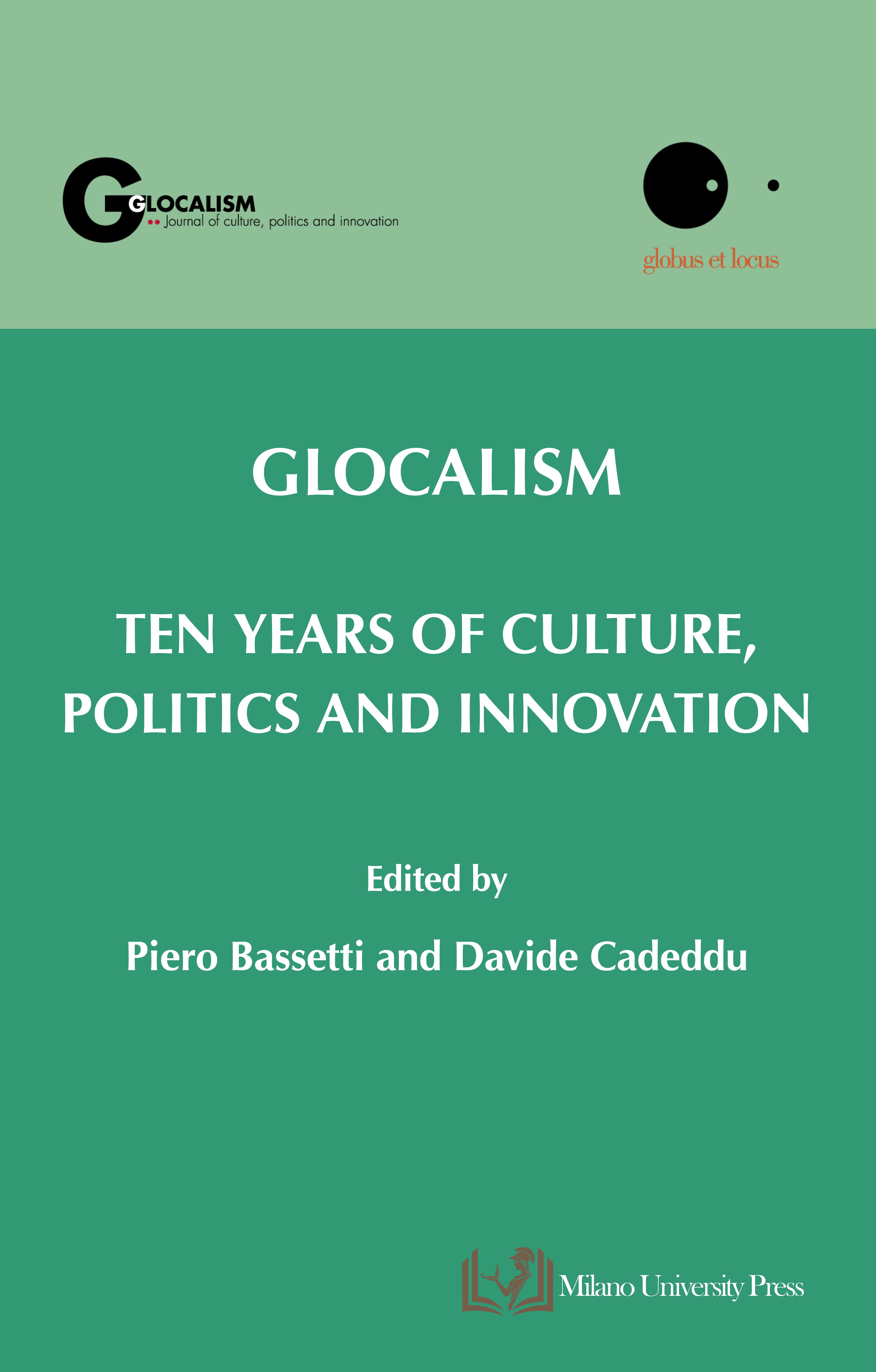Internet and Social Media’s Social Movements Leading to New Forms of Governance and Policymaking: Cases from India
DOI:
https://doi.org/10.12893/gjcpi.2016.1.2Keywords:
social media, network, governance, movement, deliberativeAbstract
Just as internet has touched and transformed every aspect of human life in present times, its significant effects on the realms of politics and governance is captured in this essay through some real world events like the social movements. Internet and social media have given new strength to social activism and in the process have laid the path for a new form of governance model – open, consultative and inclusive. India has witnessed social movements that have resulted in significant policy related decision making. In the recent times, such social movements have gained much of its momentum through internet and social media. In this essay, three social movements from India are compared and analysed through case study research in order to draw attention to the growing prevalence of a new form of open consultative policy making process that is both leading to a learning experience for the networked society and also creating newer responsibilities for citizens. The three social movements analysed are the Right to Information Act movement (2005); the India Against Corruption movement (2011); and the Net neutrality movement (2015). The case studies are analysed in terms of their unique features of fostering deliberative democracy under the possible influence of internet and social media. The case studies generate data that could be used to study similar practices with a global comparative perspective.
Downloads

Downloads
Published
How to Cite
Issue
Section
License
Copyright (c) 2016 Esha Sen Madhavan

This work is licensed under a Creative Commons Attribution-ShareAlike 4.0 International License.











